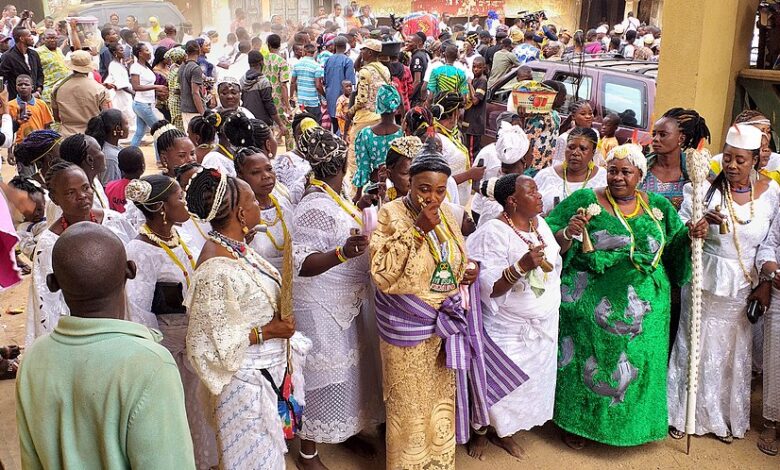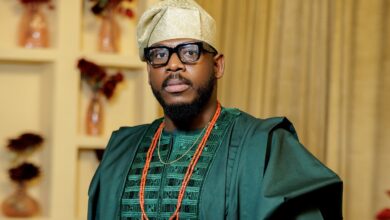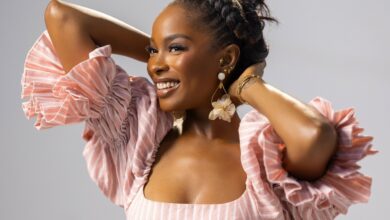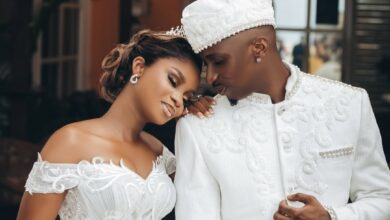10 Cultural Festivals in Nigeria You Should Attend

Nigeria is a vibrant country rich in diverse cultures and traditions, and its cultural festivals offer a unique glimpse into the country’s heritage. Here are ten cultural festivals you should consider attending to experience Nigeria’s rich tapestry of customs, arts, and festivities.
1. Osun-Osogbo Festival
Held annually in Osogbo, Osun State, this festival celebrates the river goddess Osun. It attracts thousands of visitors who come to witness rituals, traditional dances, and a colorful procession led by the Arugba (a virgin girl carrying offerings). The festival usually occurs in August and is a UNESCO-recognized event.
2. Durbar Festival
The Durbar Festival takes place during Eid al-Fitr and Eid al-Adha in various northern cities, including Kano and Katsina. This grand event features a parade of horses, camels, and elegantly dressed horsemen displaying traditional attire. The festival showcases the rich history and culture of the Hausa-Fulani people.
3. Lagos Carnival
Celebrated every Easter, the Lagos Carnival is one of Nigeria’s largest street festivals, featuring vibrant parades, music, dance, and colorful costumes. The carnival celebrates the diverse cultures of Lagos and is a platform for showcasing local talents, including musicians and dancers.
4. Calabar Carnival
Dubbed “Africa’s Biggest Street Party,” the Calabar Carnival takes place in December in Cross River State. It features a month-long celebration filled with music, dance, and street parades. Each year has a different theme, and participants wear elaborate costumes, showcasing the state’s rich cultural heritage.
5. Eyo Festival
The Eyo Festival is a traditional festival in Lagos, held in honor of a deceased Oba (king). The festival features the unique Eyo masquerades, who parade through the streets of Lagos Island in white robes. The festival typically takes place in May or June and is a beautiful representation of Lagos’s history and tradition.
6. Argungu Festival
The Argungu Festival, celebrated in Kebbi State, is famous for its fishing competition. Held in March, the festival attracts fishermen from all over Nigeria, who compete to catch the biggest fish. The event also features cultural displays, traditional music, and dance, showcasing the region’s heritage.
7. Atilogwu Dance Festival
The Atilogwu Dance Festival, held in Enugu State, celebrates the traditional Atilogwu dance. This vibrant festival features performances by various dance troupes, showcasing the beauty and richness of Igbo culture. It usually takes place in December and is an exciting event for both locals and visitors.
8. Festival of the Arts and Culture (FESTAC)
FESTAC is a biennial festival that celebrates Nigeria’s artistic heritage. The festival features performances from local artists, art exhibitions, and cultural displays. It aims to promote Nigeria’s diverse cultures and encourage collaboration among artists from different regions.
9. New Yam Festival
The New Yam Festival, celebrated predominantly by the Igbo people, marks the beginning of the yam harvest season. The festival, usually held in August, involves traditional rituals, dancing, and the sharing of yam among the community. It’s a time of thanksgiving and celebration of abundance.
10. Olokun Festival
The Olokun Festival is celebrated in Lagos and honors the Yoruba goddess of the sea, Olokun. The festival features traditional rituals, cultural performances, and a vibrant procession to the sea. It typically takes place in August and highlights the significance of water in Yoruba culture.
Attending these cultural festivals in Nigeria provides an unforgettable experience, offering insights into the nation’s rich traditions and diverse cultures. Whether you are drawn to music, dance, or traditional rituals, these festivals promise to immerse you in the heart of Nigeria’s cultural heritage. Plan your visit around these festivals, and you’ll create memories that will last a lifetime.




